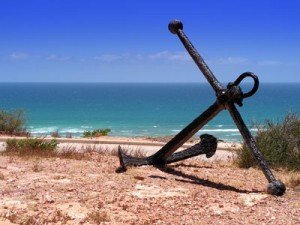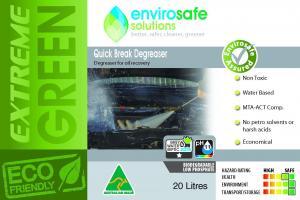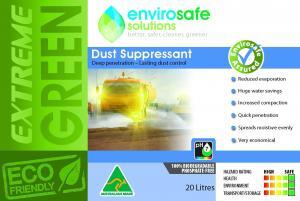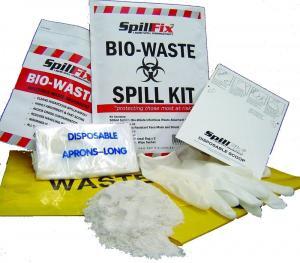 The threat to fish stocks from commercial fishing has prompted a raft of conservation measures. Proposed marine parks along sections of Australia’s coastal waters are aimed at restoring delicate ecosystems and environmental conservation. Cleaning product chemicals and pollution combine with overfishing to present a challenge for conservationists.
The threat to fish stocks from commercial fishing has prompted a raft of conservation measures. Proposed marine parks along sections of Australia’s coastal waters are aimed at restoring delicate ecosystems and environmental conservation. Cleaning product chemicals and pollution combine with overfishing to present a challenge for conservationists.
Proposed marine parks aimed at preserving fish stocks have been opposed by Western Australia’s Fisheries Minister.
Norman Moore has said the impact of a marine park network would be extreme. Greenactivists have welcomed government plans to introduce the parks to restore fish stocks.
Mr Moore said WA’s fisheries were “some of the best managed in the world” and that its marine environment was “well-managed” and eco-friendly. Liquid products including chemicals found in industrial and household wastewater, plastic pollution and oil spills also threaten marine environments.
Conservationists have argued for the formation of the marine parks to provide a protected habitat for fish and other marine species.
Mr Moore has argued against a ban on fishing in these zones.
“I do not see the need for the extensive network of ‘no take’ zones proposed by the Commonwealth,” he said.
“WA’s fisheries are regarded as some of the best managed in the world. I do not support the ‘lock up’ of an area if other management systems and processes can be implemented to protect certain species and biodiversity values.”
In recent years catch quotas for rock lobster and demersal scalefish have been halved to ensure commercial fishing sustainability.
Conservationists believe the catch reduction shows local fish stocks have been overfished beyond what is considered environmentally-friendly. Liquid marine breeding sanctuaries would provide a breeding ground for threatened species.
“There doesn’t appear to be any evidence that rock lobster are recovering,” University of WA Oceans Institute research professor Jessica Meeuwig has said.
“There’s been no published evidence on the recovery of dhufish, baldchin grouper and these are species only found in WA. Of the four local shark species, two are at unacceptable levels of breeding stock.”
Commercial fishing activities are not the only threat to fish stocks, according to the WA Conservation Council’s Tim Nicol. He says research points to recreational fishing as having a significant environmental impact. Cleaning products and other pollutants are also threatening ocean health.
“In WA the most researched and threatened fish are the demersal reef fish and in particular the WA Dhufish,” Mr Nicol said.
“Estimates in 2005/2006 show recreational fishers took 319 tonnes of fish compared to commercial fishers who took 163.9 tonnes – meaning recreational fishers took 66.1 per cent of the catch.”
Improving ocean health and fish stocks requires a concerted effort by commercial and recreational sectors as well as polluting industries, including off-shore mining operations.
Eco-friendly industrial liquids offer a solution to the traditional chemicals which add to marine pollution. Leading environmental cleaning products company Envirosafe Solutions’ Extreme Green range includes biodegradable marine glass cleaner and solvent-free degreasers. For more information on safe, hardworking environmentally friendly liquids contact Envirosafe Solutions’ on 1300 88 90 70 or email info@evss.com.au.
Sources:
http://ccwa.org.au/blogs/does-recreational-fishing-impact-fish-stocks-and-environment




















